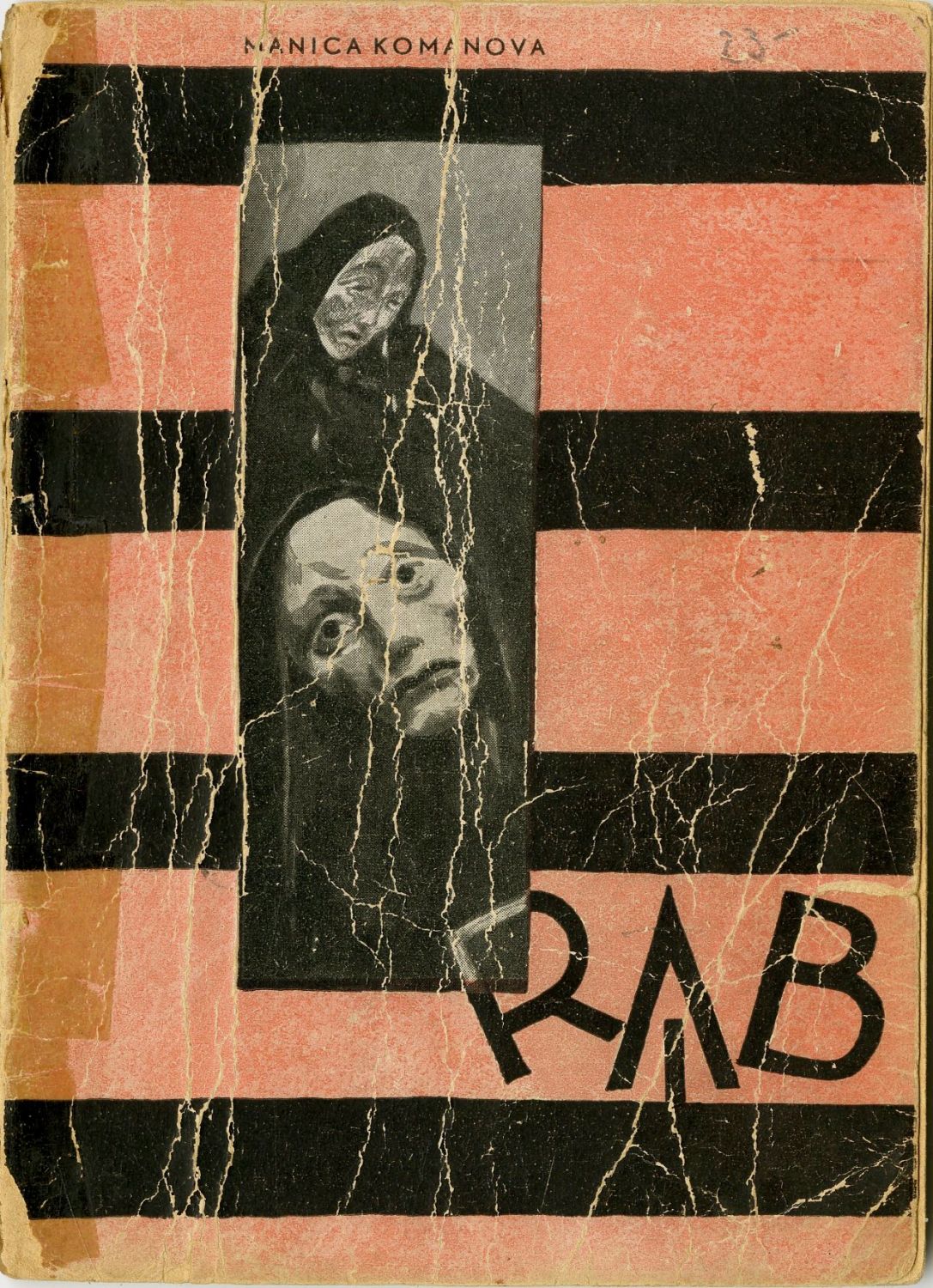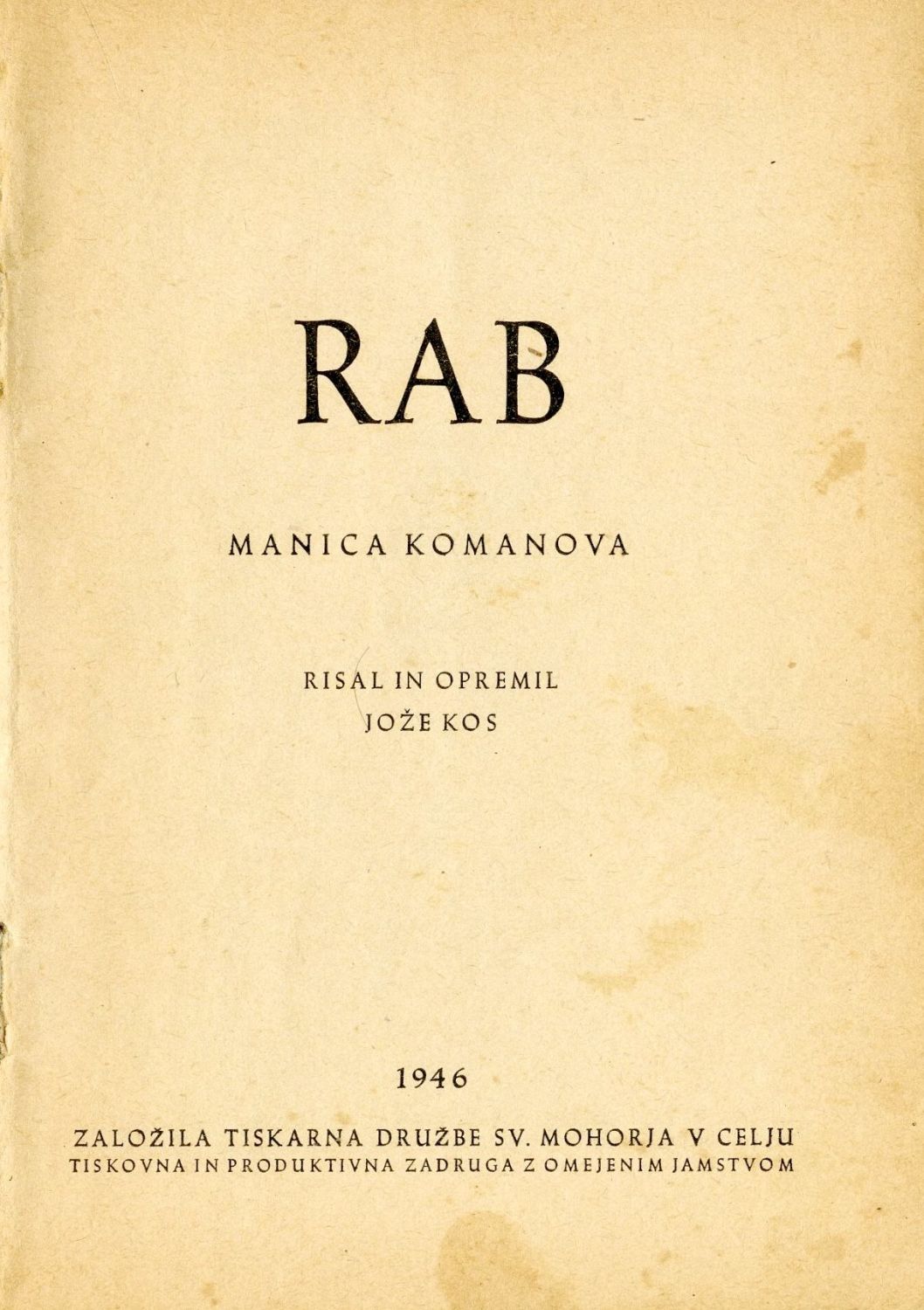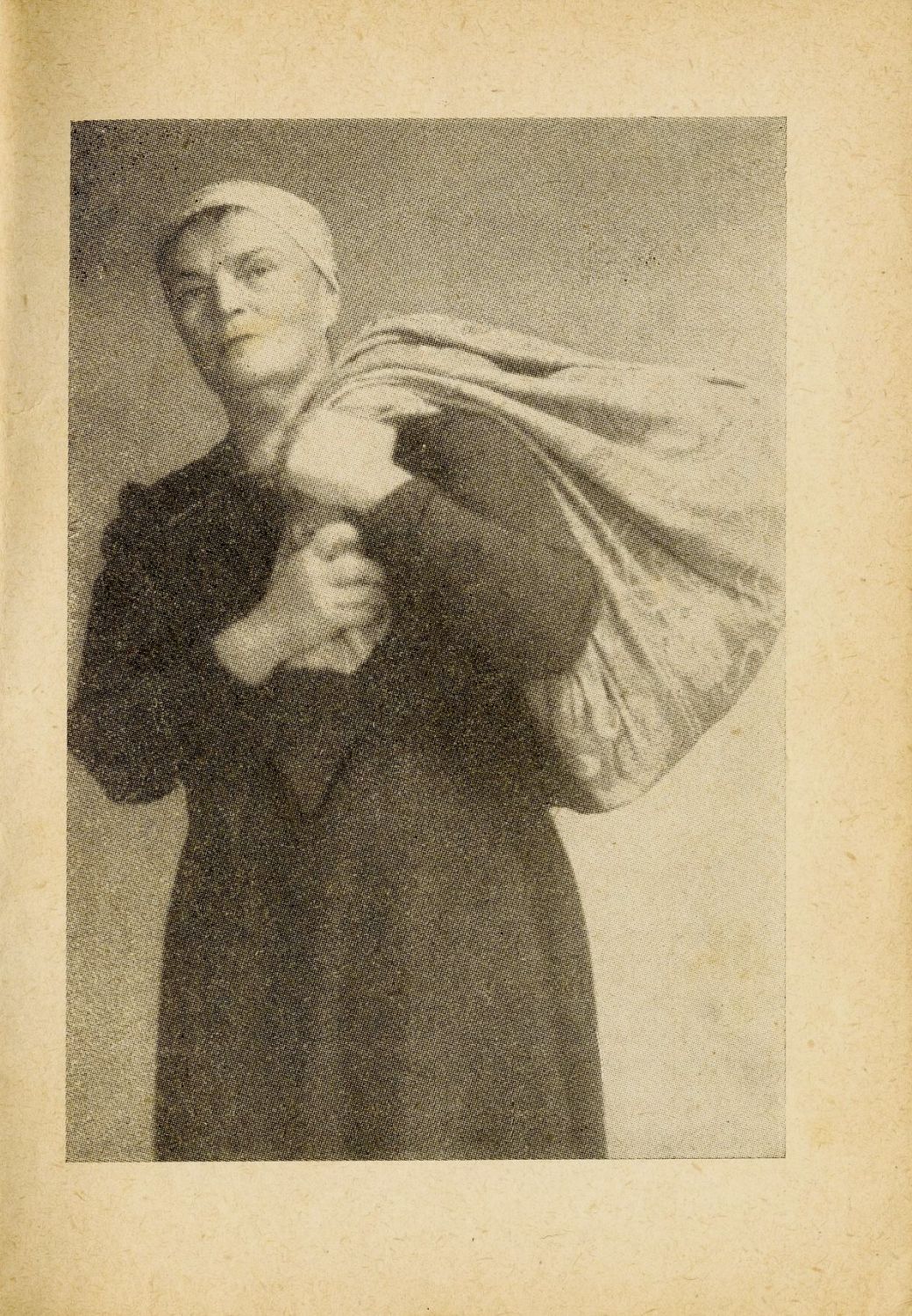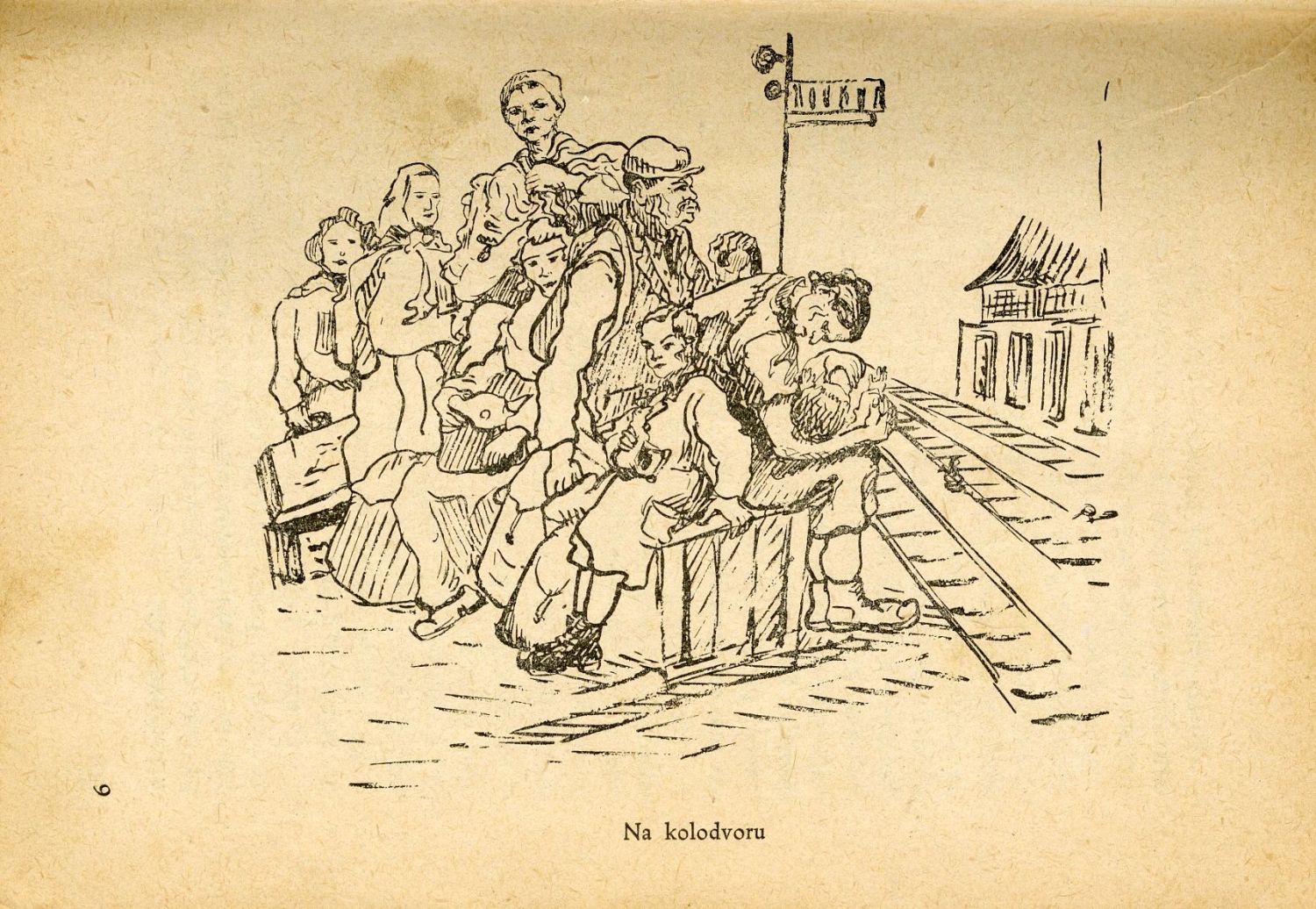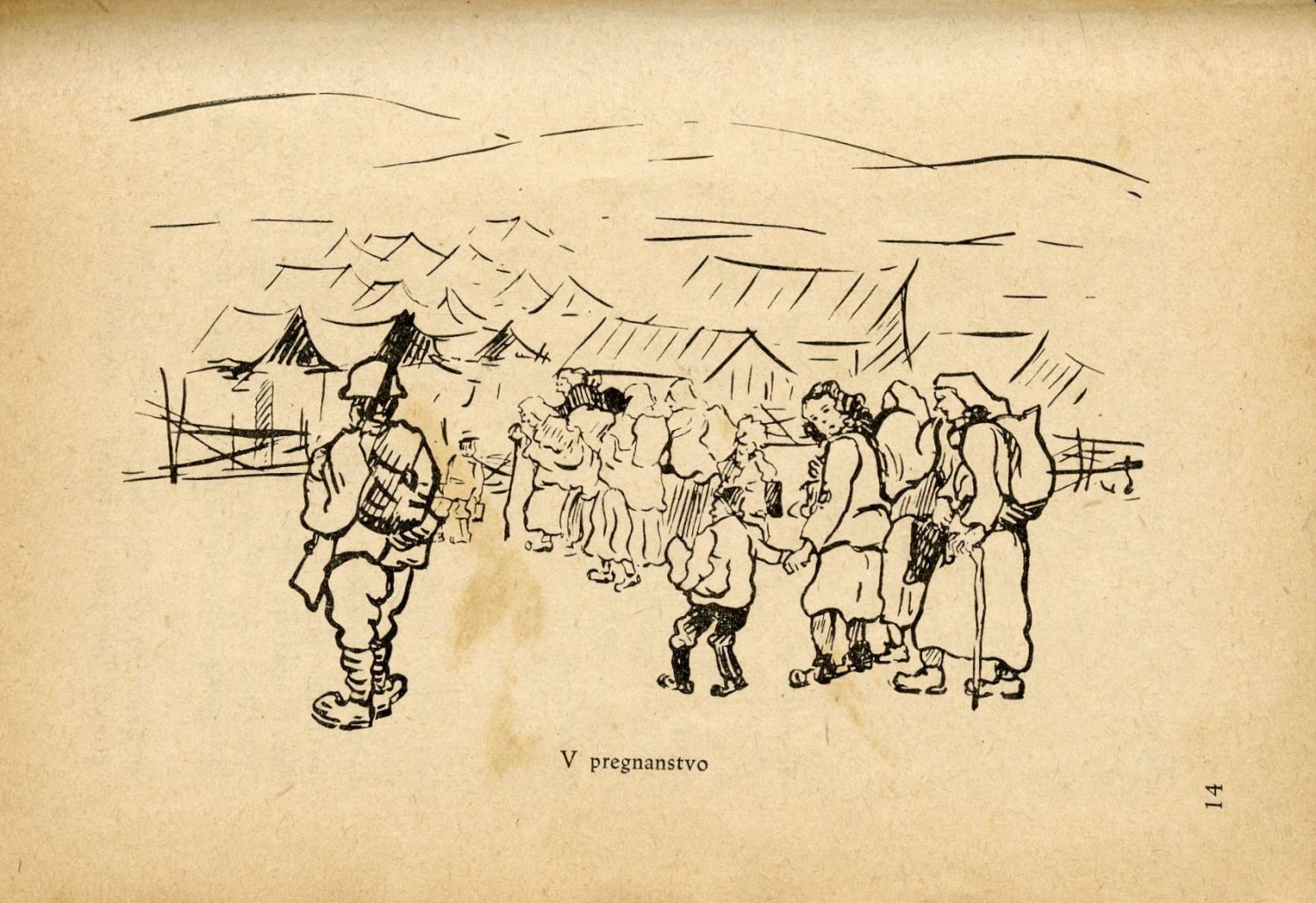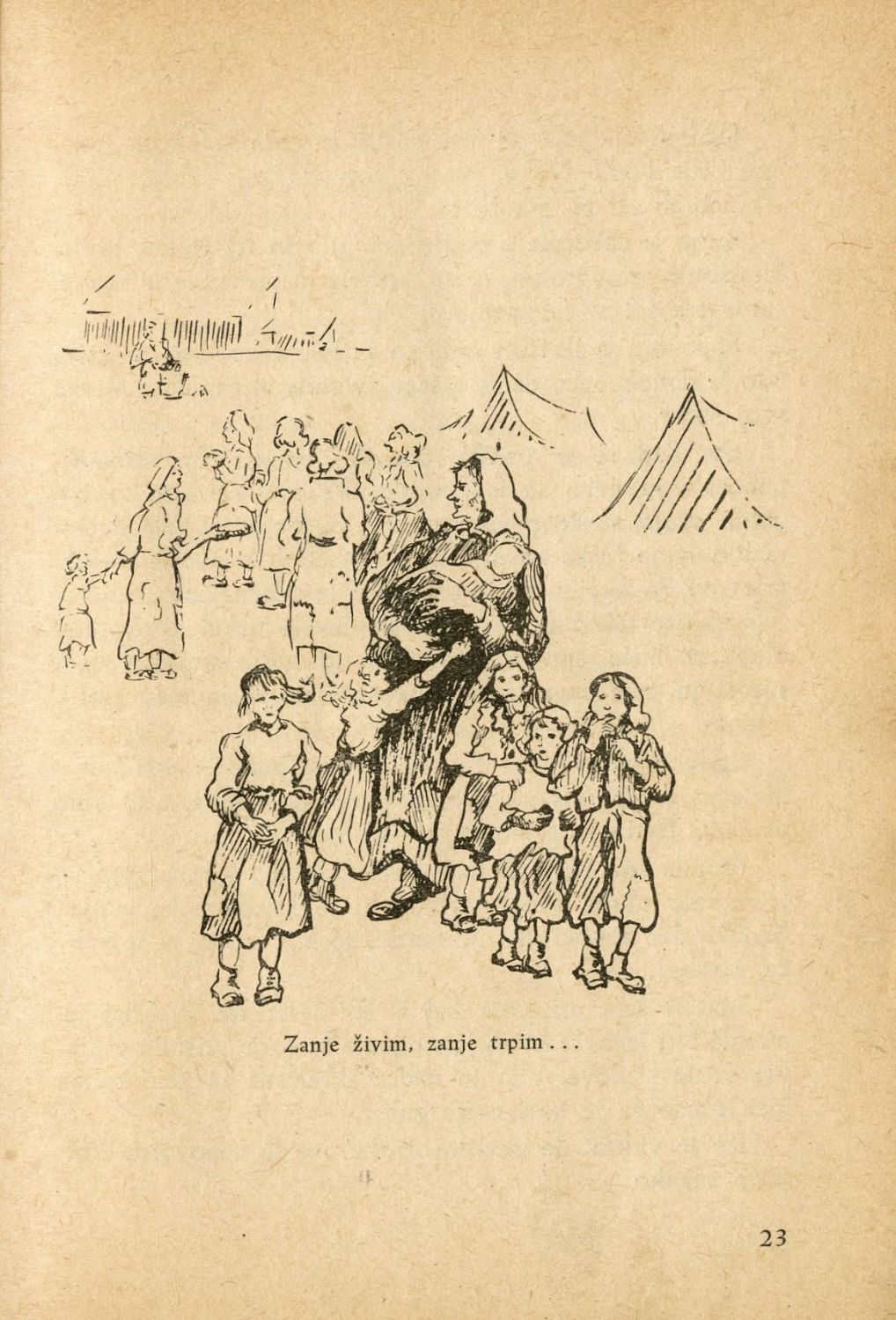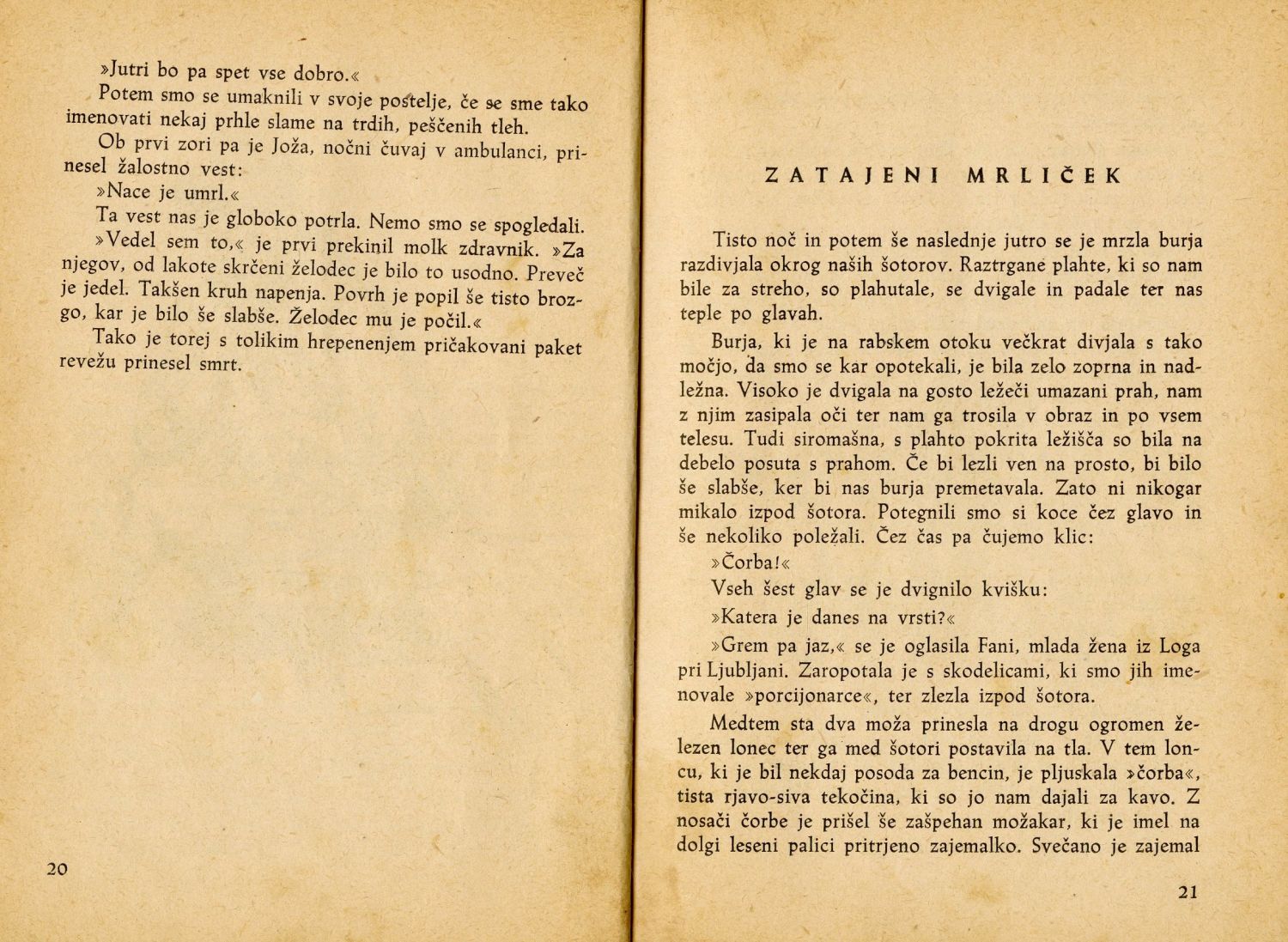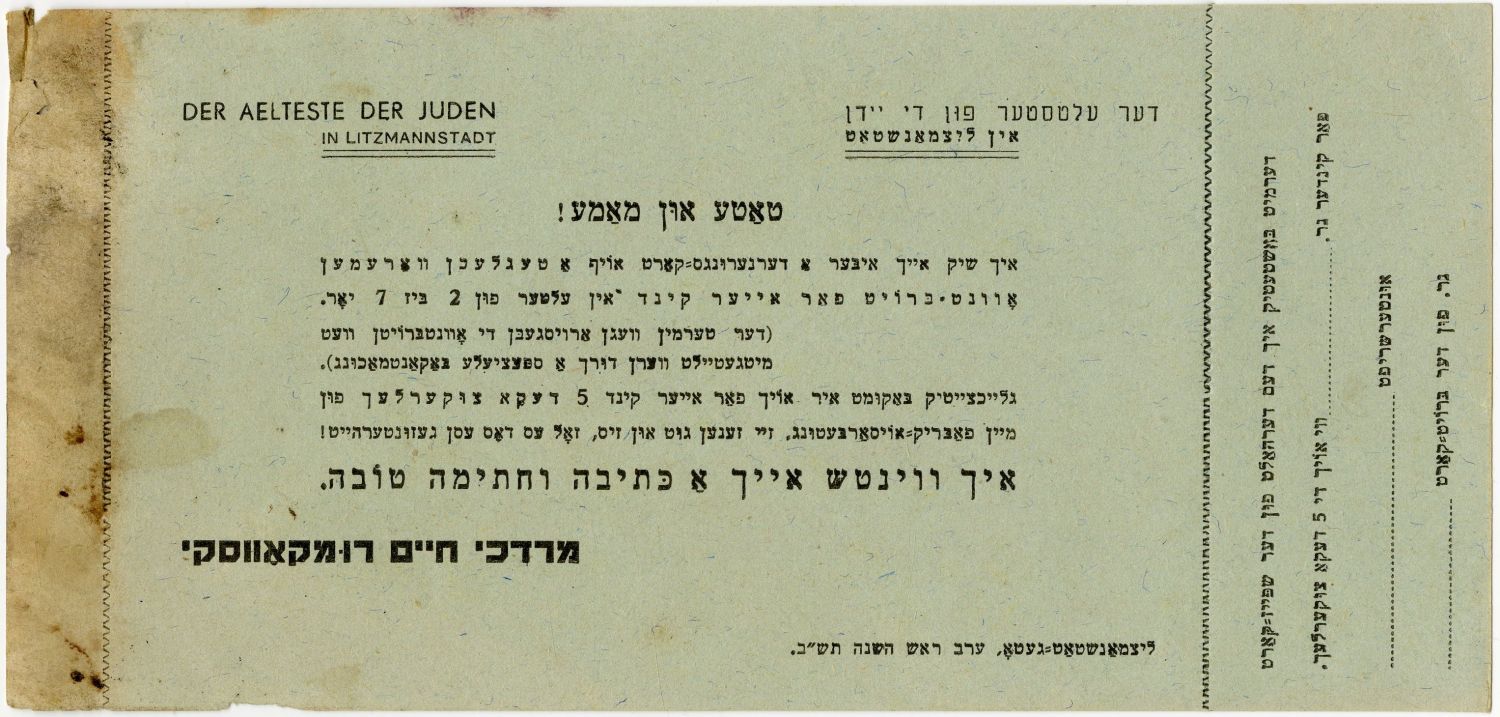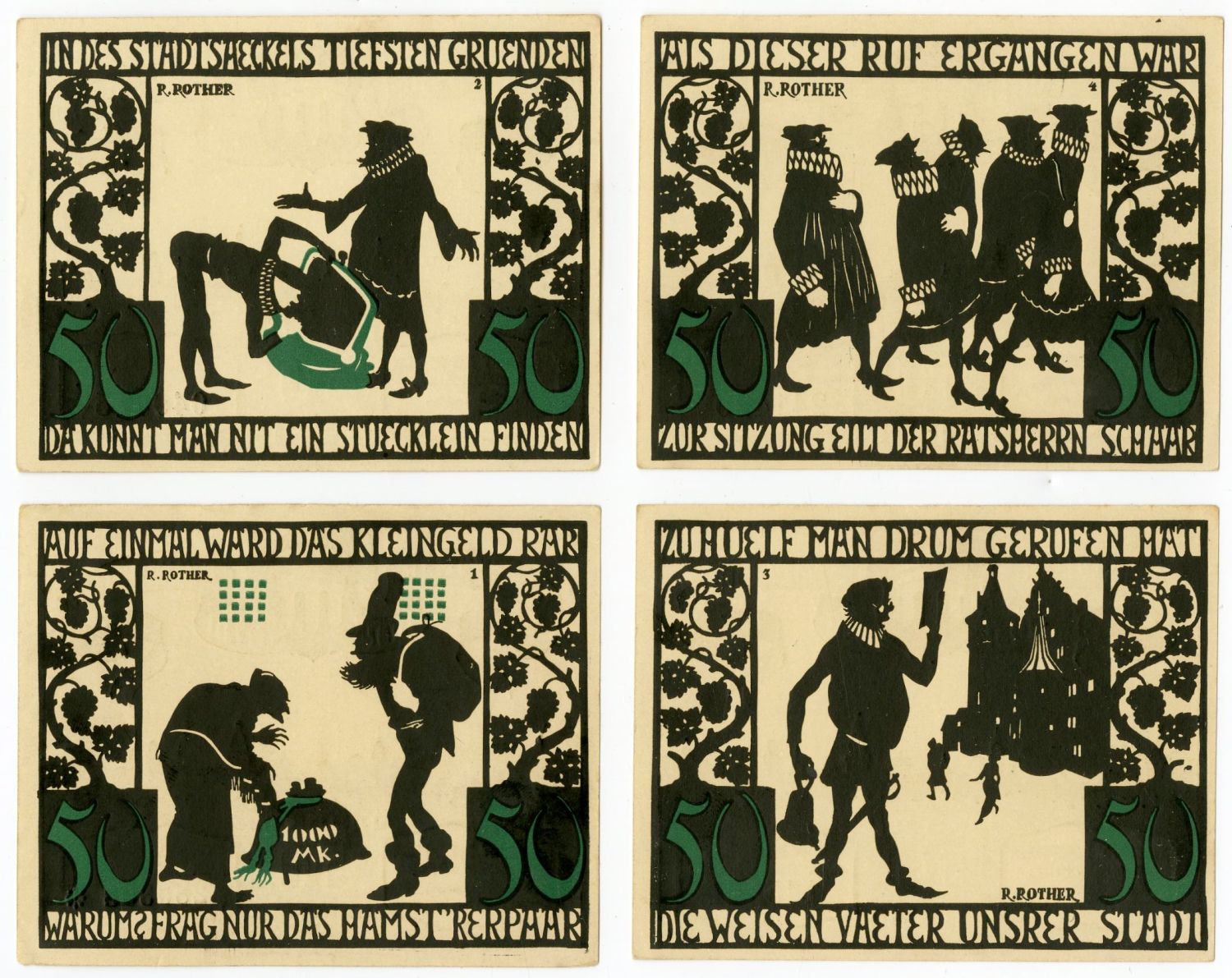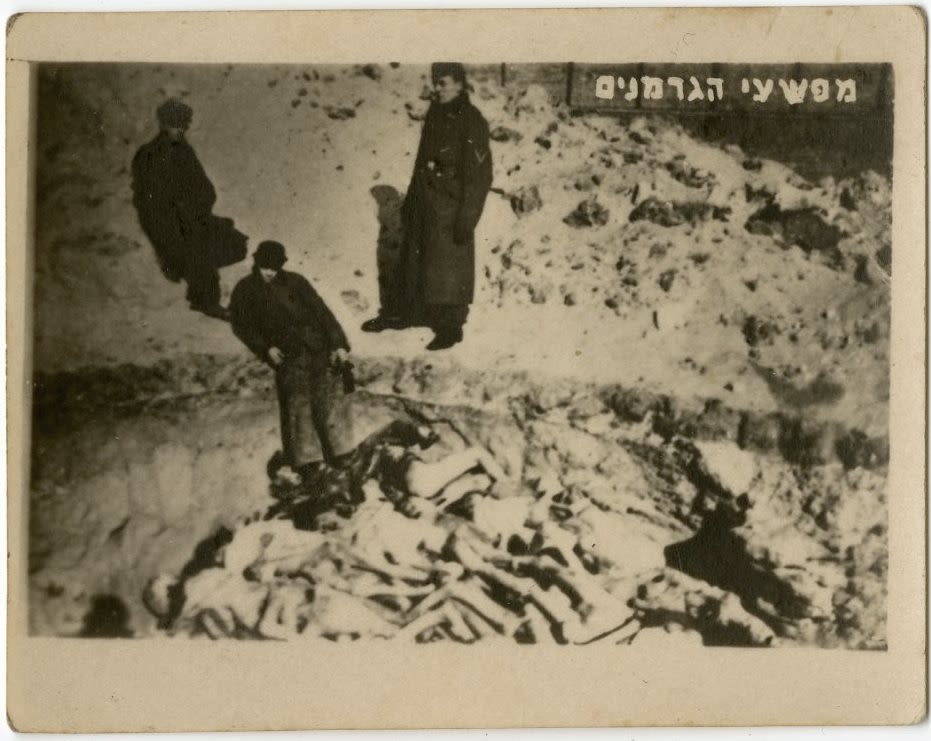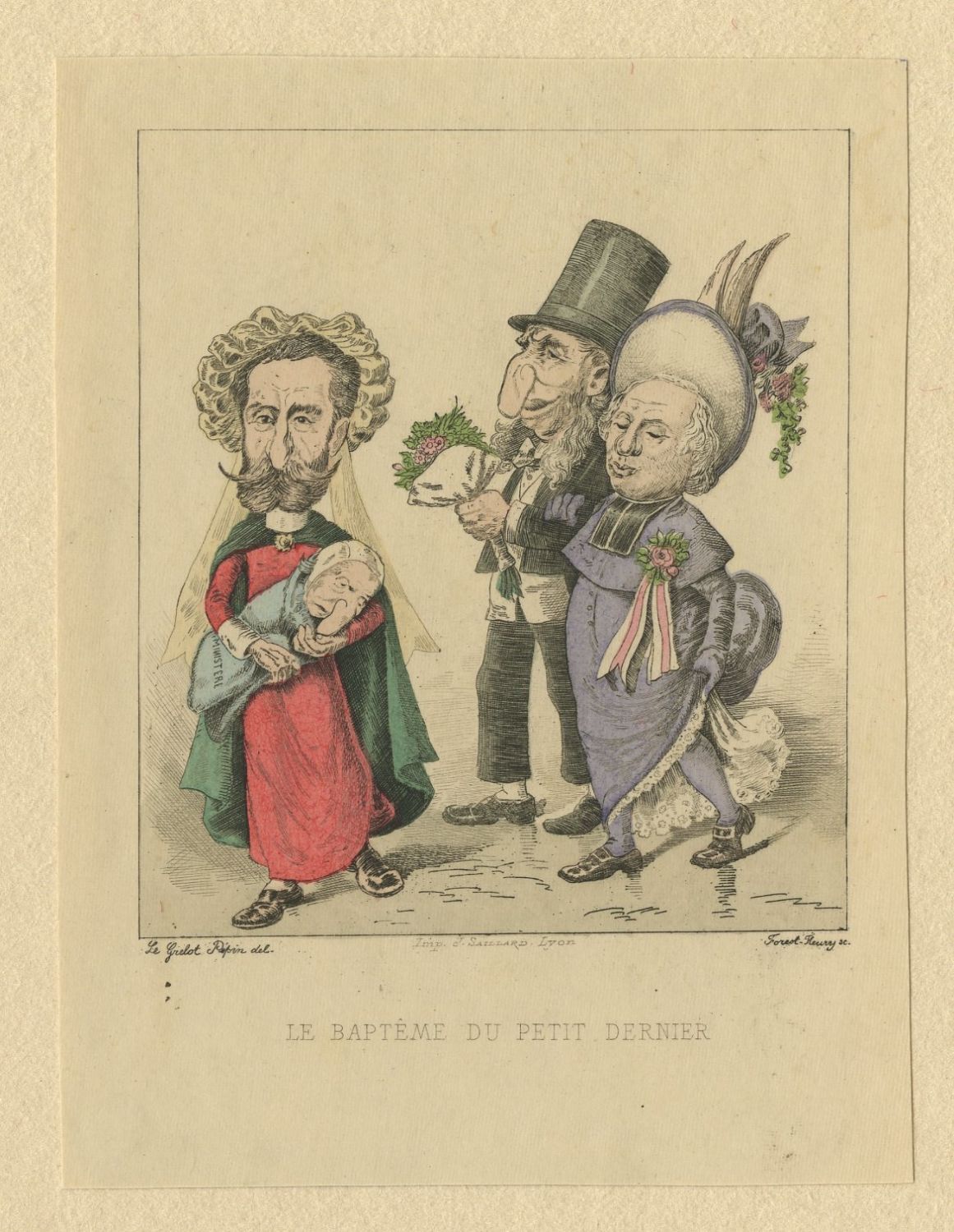RAB - by former camp prisoner Manica Komanova - An early testimony of a former prisoner from the concentration camp set up by the Italians on Rab Island. Published at the end of the war in 1946. Illustrations by Joze kos, published by sv. mohorja. Slovenian. Rare.
Testimony of a Slovenian woman deported to Rab Island in Croatia under Italian Fascist rule during World War II. Before us is one of the few testimonies published immediately after the war about the Rab concentration camp. Manica was taken to the camp without explanation by the Fascists who arrested her and stayed there for about two years. In her testimony she talks about women she met in camp who lost all family, about camp conditions where she witnessed dozens of deaths (the annual mortality rate in the camp was higher than Buchenwald!), extreme cold in tents where prisoners lived, sleeping among swarms of rats, daily survival struggles, typhus plague in the camp, and prisoners' constant fear of not knowing their fate. Slovenians and Croats, including women, children, pregnant women and babies suffered cold, hunger in open tents surrounded by barbed wire and guard towers. At its peak there were up to 15,000 detainees.
Upon arrival she was urgently warned by another prisoner to hide any money as the Fascists would confiscate it all, replacing it with worthless vouchers. Packages sent to camp often disappeared. Children were separated from parents. Her detailed testimony extensively describes grim scenes of daily camp life reported for the first time by someone who was actually in Rab. Manica remained in camp until liberation with the surrender of Italian forces. Camp gates were opened wide, Italian officers disarmed and the camp colonel executed by prisoners themselves. The beginning of the book shows a photo of Manica carrying her belongings in a bag on her back.
During WWII, the Italian fascists occupied the island in April 1941, establishing a concentration camp in Kampor village on July 7, 1942 for Slavic and Jewish inhabitants of occupied territories in Croatia and Slovenia, known as "Civilian Prisoners of War Camp - Arbe". Around 2,000 of detainees were Jewish. In July 1943 after the fall of the fascist regime in Italy, the camp closed but some remaining Jewish prisoners were deported by German forces to Auschwitz. In fall 1943, Yugoslav partisans led by the Communist Party of Yugoslavia rescued around 2,500 Jews from the island. About 245 Jewish camp prisoners joined the 24th Division brigade of the People's Liberation Army and Yugoslav partisan units, forming the Rab Battalion, later dispersed among other partisan units.
78 [1] p. Cracks on cover. Good condition.

